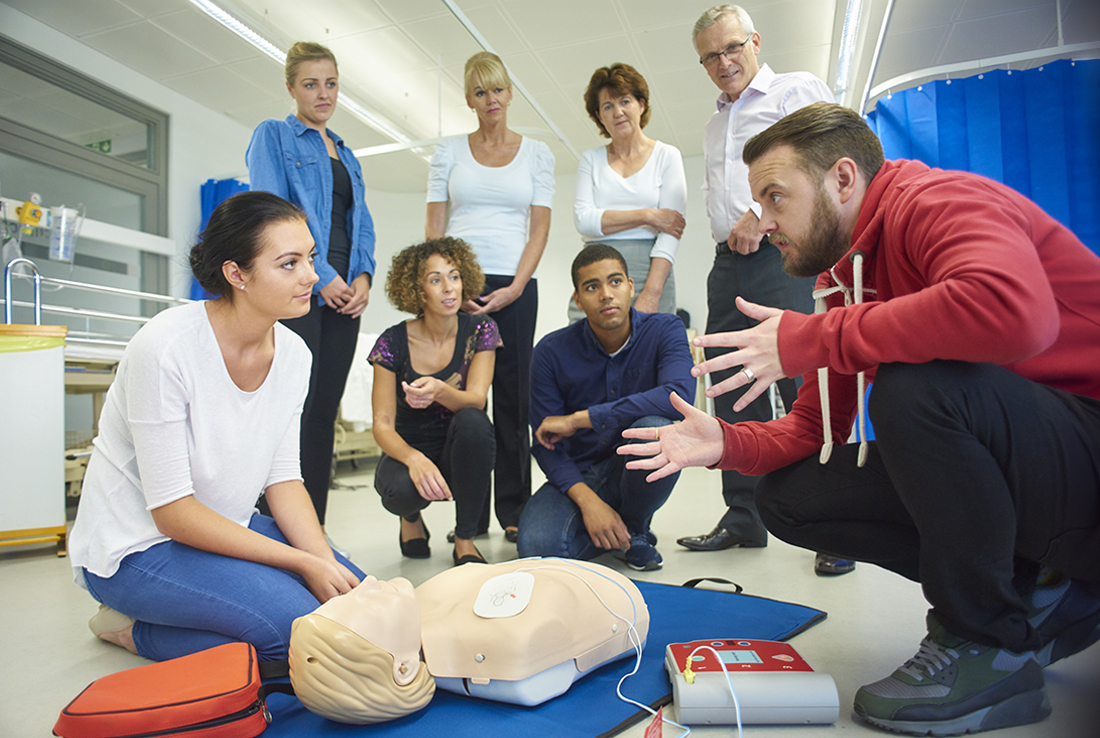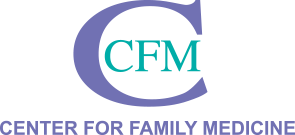February is American Heart Month: Heart Health and CPR

February is American Heart Month, which serves as a month-long reminder of how important it is to take preventative measures against cardiovascular diseases. American Heart Month is the perfect time to learn more about CPR. When someone is having a heart attack or a stroke, CPR can save someone’s life—so it’s important to be prepared.
Basic CPR Steps
As written by the American Red Cross, the basic adult CPR steps are listed here. However, to summarize the Red Cross’s instructions, when performing CPR, be sure to first check to see if the person you’re helping is responsive. After that, if they are unresponsive and merely gasping for breath, it’s time to call 911 and then perform CPR.
To begin administering CPR, kneel down and position the person on a hard and flat surface. Perform 30 chest compressions, then perform 2 breaths. Give compressions and then breaths uninterrupted until a medical professional arrives on the scene.
Where to Find CPR Training Courses Near You
After reading these steps, you should feel more prepared to perform CPR, but even so, there’s still a lot that can only be learned by practicing CPR in real life. To ensure you’re equipped with the skills you need to save a life, you should enroll in CPR classes near you. The best way to find a certified class is by going to the American Red Cross website. There, you can put in your location and find an online or in-person class that works for your schedule.
This American Heart Month, Take Steps toward Having a Healthier Heart
Not only is it important to learn CPR, but we should also all be making an effort to help our hearts in other ways, too. Make healthy food choices, exercise daily, try to eliminate smoking and alcohol from your day-to-day, and reduce stress whenever possible. Finally, be sure to discuss with your friends and family American Heart Month and the importance of heart health and CPR.
If you want to learn more about living a heart-healthy lifestyle, schedule an appointment with a doctor at Center for Family Medicine. We’re also here to give you more information about CPR and how to be prepared if someone you’re with has a heart attack or stroke.


